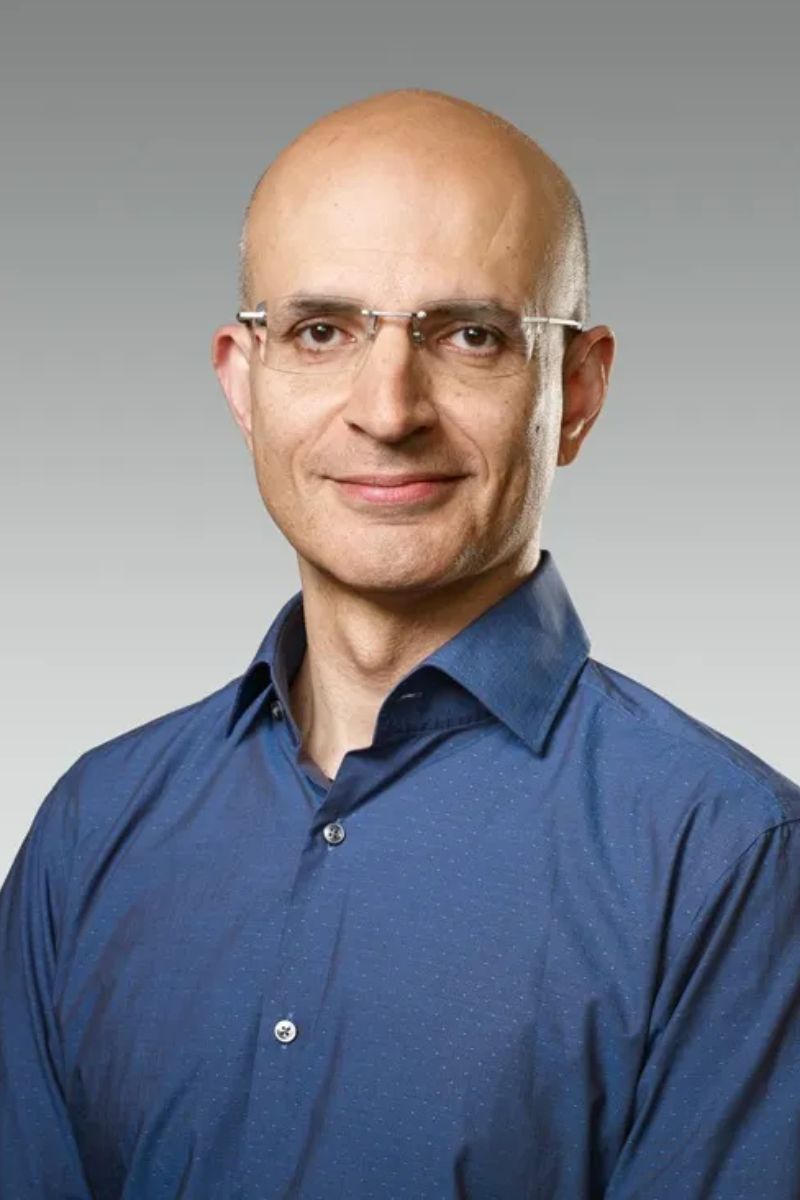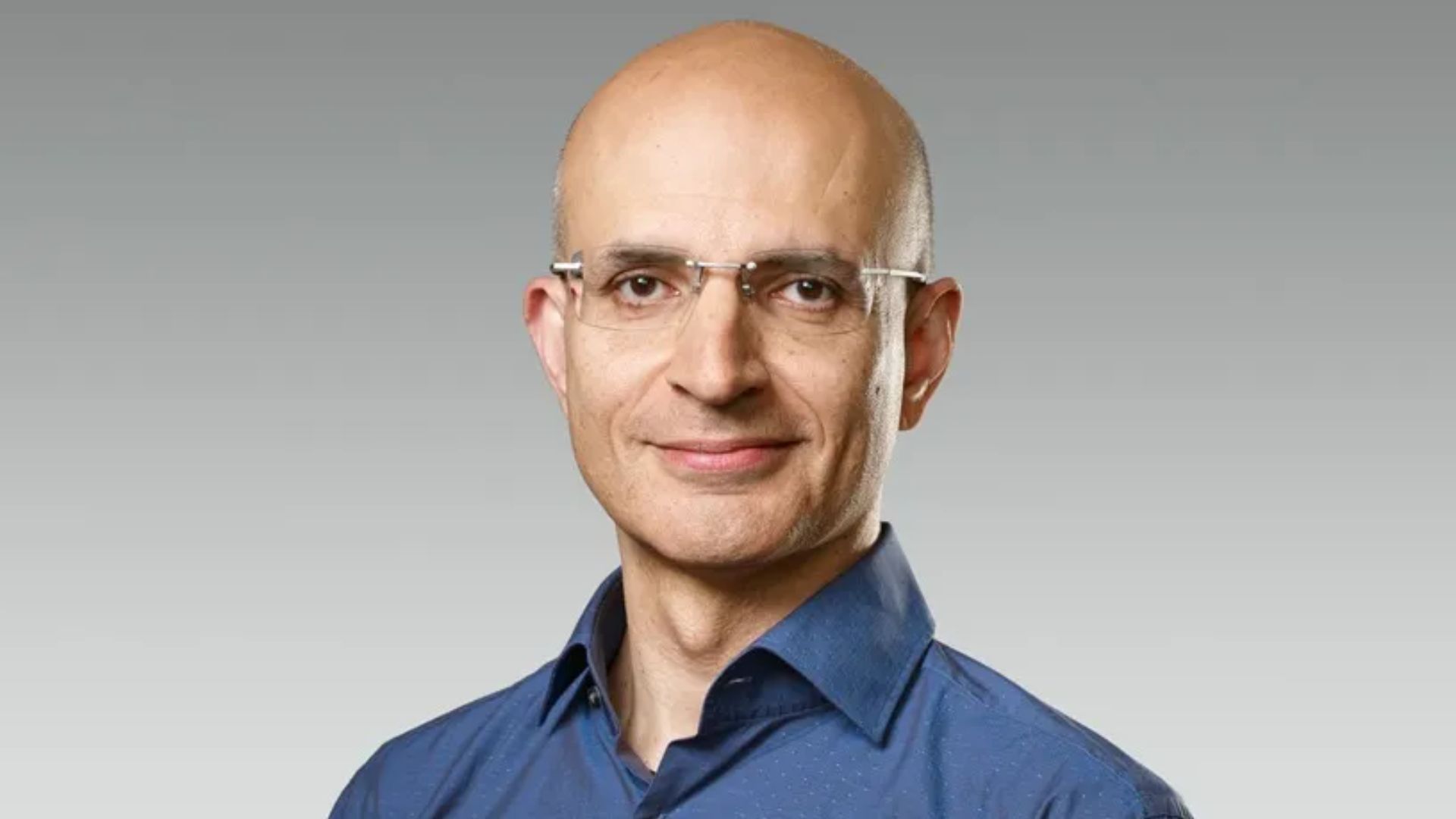In a quiet but significant leadership shift, Apple has announced that Jeff Williams — the company’s long-serving Chief Operating Officer and Tim Cook’s closest lieutenant — will retire at the end of 2025, bringing a 27-year Apple career to a close. Williams has shaped some of Apple’s most defining initiatives: from overseeing the launch of the Apple Watch and building out its health strategy, to leading Apple’s world-class design team following Jony Ive’s departure. While he’ll continue managing these teams until year-end, a long-planned succession is now in motion. His role as COO has officially transitioned to Sabih Khan, Apple’s Senior Vice President of Operations and a key figure behind the company’s quietly formidable supply chain.
“Sabih is a brilliant strategist who has been one of the central architects of Apple’s supply chain,” Cook said in the official announcement. “Above all, Sabih leads with his heart and his values, and I know he will make an exceptional chief operating officer.” The appointment is both a personal milestone — Khan joined Apple back in 1995 — and a strategic one, as Apple looks to strengthen its operational resilience in an increasingly fractured global landscape. Williams himself offered a warm endorsement: “I think he’s the most talented operations executive on the planet.” With this handover, Apple isn’t just preserving continuity — it’s signalling that its next chapter will be built by the people who’ve been holding it up from the inside all along.
So, who exactly is Sabih Khan? And what does his appointment signal about where Apple is headed next?
From Moradabad to Cupertino
Sabih Khan’s story doesn’t begin in Silicon Valley but in Moradabad, Uttar Pradesh, where he was born in 1966. At age 10, he moved with his family to Singapore — a shift that opened the doors to a global education and worldview. He studied economics and mechanical engineering at Tufts University, followed by a master’s degree in mechanical engineering at Rensselaer Polytechnic Institute in New York. While his roots are Indian, Khan’s career has been built across borders — and his appointment as Apple’s new Chief Operating Officer (COO) marks a defining moment not just for the company, but for the representation of Indian-origin leadership at the highest echelons of global tech.
Before Apple, Khan worked at GE Plastics (now SABIC) as an applications engineer and key account technical lead. But his defining professional chapter began in 1995, when he joined Apple — then still in its pre-iPhone days. Over the next 30 years, Khan quietly became one of the company’s most crucial operators. Now, in July 2025, he steps into the COO role as Jeff Williams prepares for retirement at the end of the year. Williams will continue to oversee Apple’s design and health divisions during this transition, but the operational wheel has now been handed over — and it’s a big one to steer.
Apple’s Supply Chain Architect
Khan’s title may be new, but his fingerprints are already on almost every Apple product you’ve held in the last decade. As Senior Vice President of Operations since 2019, he’s been in charge of planning, procurement, manufacturing, logistics, product fulfilment, and Apple’s extensive supplier responsibility programmes — which focus on protecting and educating workers across Apple’s vast production network. In short: when Tim Cook calls Khan “a brilliant strategist” and “one of the central architects of Apple’s supply chain,” it’s not PR fluff — it’s fact.
Under Khan’s leadership, Apple has not only cut its carbon footprint by over 60% but also pioneered clean energy partnerships with its suppliers. He helped steer the company through the global chaos of the COVID-19 pandemic, navigating supply shocks that crippled competitors. He also helped oversee Apple’s expansion into US-based manufacturing (like the Mac Pro assembly line in Texas), and has played a key role in diversifying production beyond China — particularly into India and Vietnam, a transition that’s now more critical than ever.
Khan’s ability to merge operational precision with strategic foresight has set him apart. He isn’t just a cost-cutter — he’s an innovator. Whether it’s bringing advanced manufacturing techniques to life or embedding sustainability into Apple’s logistics DNA, his approach reflects long-term vision, not short-term metrics.
The Road Ahead: AI Gaps, China Risks, and Manufacturing Shifts
Khan takes the COO baton at a moment of immense pressure for Apple. The company is under fire on multiple fronts — from geopolitical instability in China to regulatory crackdowns in the EU and U.S., to rising concerns over Apple’s lag in artificial intelligence compared to rivals like Google and Meta. With over 70% of Apple’s manufacturing still tied to China, Khan must now accelerate the diversification of Apple’s supply chain — a logistically complex and cost-intensive task.
Moving production to India and Southeast Asia isn’t as simple as flipping a switch. Apple must rewire supplier ecosystems, train workforces, and manage political dynamics — all while keeping quality, delivery, and margins intact. Analysts estimate such transitions could spike manufacturing costs by up to 90%, posing serious questions about price hikes, margin pressure, or both. There’s also the internal race to future-proof Apple’s product pipeline, especially as hardware maturity sets in. iPhone revenue still accounts for more than half of Apple’s top line, but growth is slowing. Khan’s operational grip may now prove critical in enabling new product categories — whether that’s mixed-reality devices like the Vision Pro, or potential breakthroughs in health tech and wearables.
But perhaps Khan’s most valuable asset is his low profile. In a tech world driven by personal branding and bombast, he remains deliberate, quiet, and fiercely effective. As Tim Cook put it, “Sabih leads with heart and values” — and that may be exactly what Apple needs as it navigates the next era of disruption.






